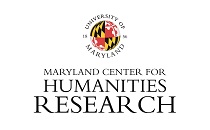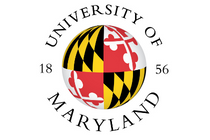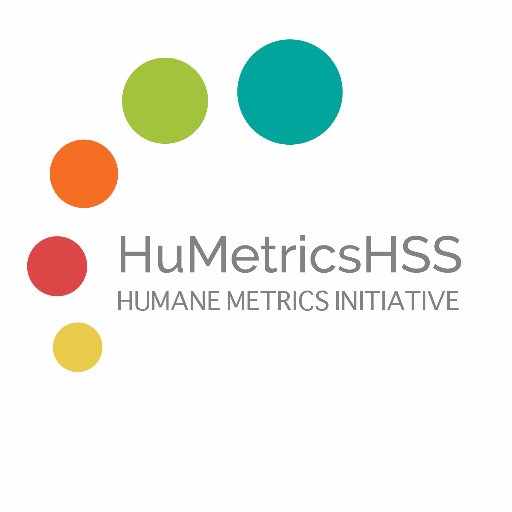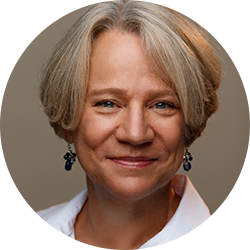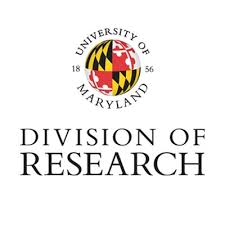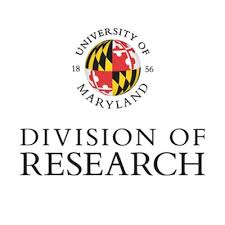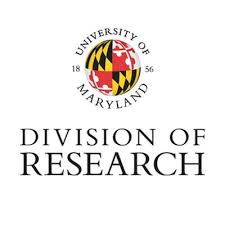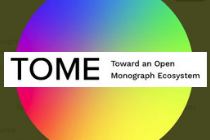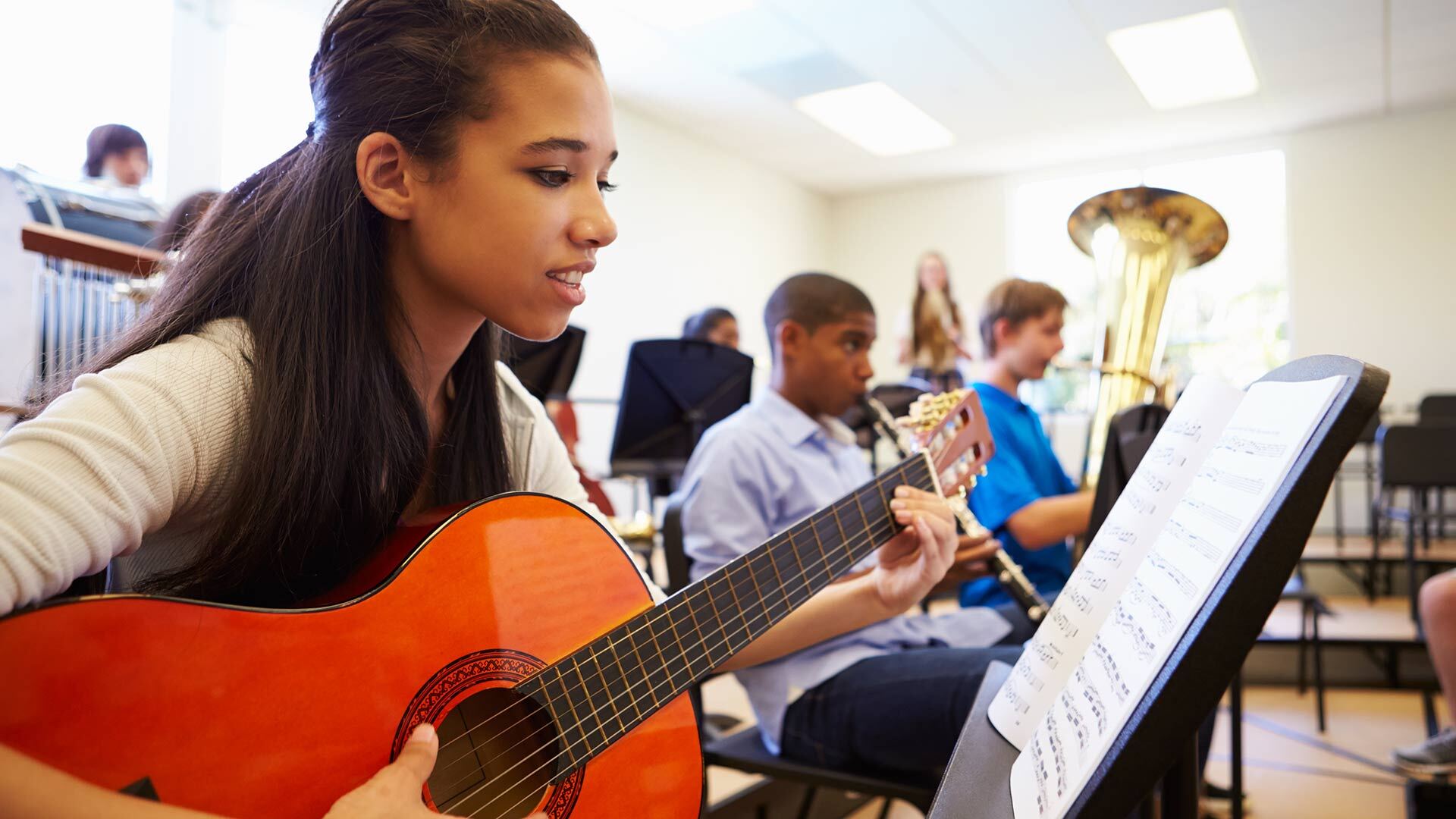By Sala Levin ’10
In 2000 and again in 2010, Congress asked the U.S. Department of Education to conduct a nationwide study on the status of arts education in schools—information advocates used to argue for broader access to horizon-expanding activities ranging from watercolor painting to singing in the school musical.
After no such study was mandated in 2020, Kenneth Elpus, associate professor of music education in the University of Maryland’s School of Music, realized an arts education researcher would need to take on the task. Now, with $150,000 in funding from the National Endowment for the Arts, Elpus is launching a research lab at UMD that will survey 4,000 K-12 public schools to learn about their educational programming across music, theater, dance and visual arts.

“Most efforts to collect data about the educational system in the U.S. are geared toward making reading, writing and math learning legible—so that we understand student engagement and success in those subjects. Teachers and school administrators use that data as a guidepost for setting policy and improving instruction,” said Elpus. “But when you look at the work of educating a child, there’s a lot more in preparing humans for the world than how well they read, write and do math.”
Without a recent federal study of the standing of American arts education, administrators, teachers and supporters have lacked data on trends and major changes, especially amid the disruption to schools caused by the COVID-19 pandemic. (Imagine trying to teach a middle school orchestra virtually.) That data, said Elpus, is crucial to advocates as they work to increase access to arts education and to arts educators as they strive to improve arts learning.
Elpus will examine questions like: Who’s taking arts classes? Who’s teaching them? How much funding does arts education receive? How many classes and extracurricular activities are offered? How has COVID-19 changed teaching and learning? Partner organizations including the National Association for Music Education and the National Art Education Association will help connect Elpus to educators across the country to craft survey questions that will illuminate the issues, and to distribute the survey.
Yan Li, professor of epidemiology and biostatistics in the School of Public Health and professor in the Joint Program in Survey Methodology, is serving as statistician and methodologist on the project, while four graduate students are also supported by the grant. Funding for the lab also comes from the School of Music, the College of Arts and Humanities and the Division of Research.
Elpus hopes the data will help influence legislative decisions and funding for primary and secondary arts education. “Very few people would ever … want to deny (a student) the opportunity for aesthetic and emotional understanding, but in the way that education works in the U.S., the decisions are made by policymakers who want to be informed by data,” he said. “When we collect and analyze high-quality data on arts education, then we have a stronger position from which to effect positive change in education policy.”

